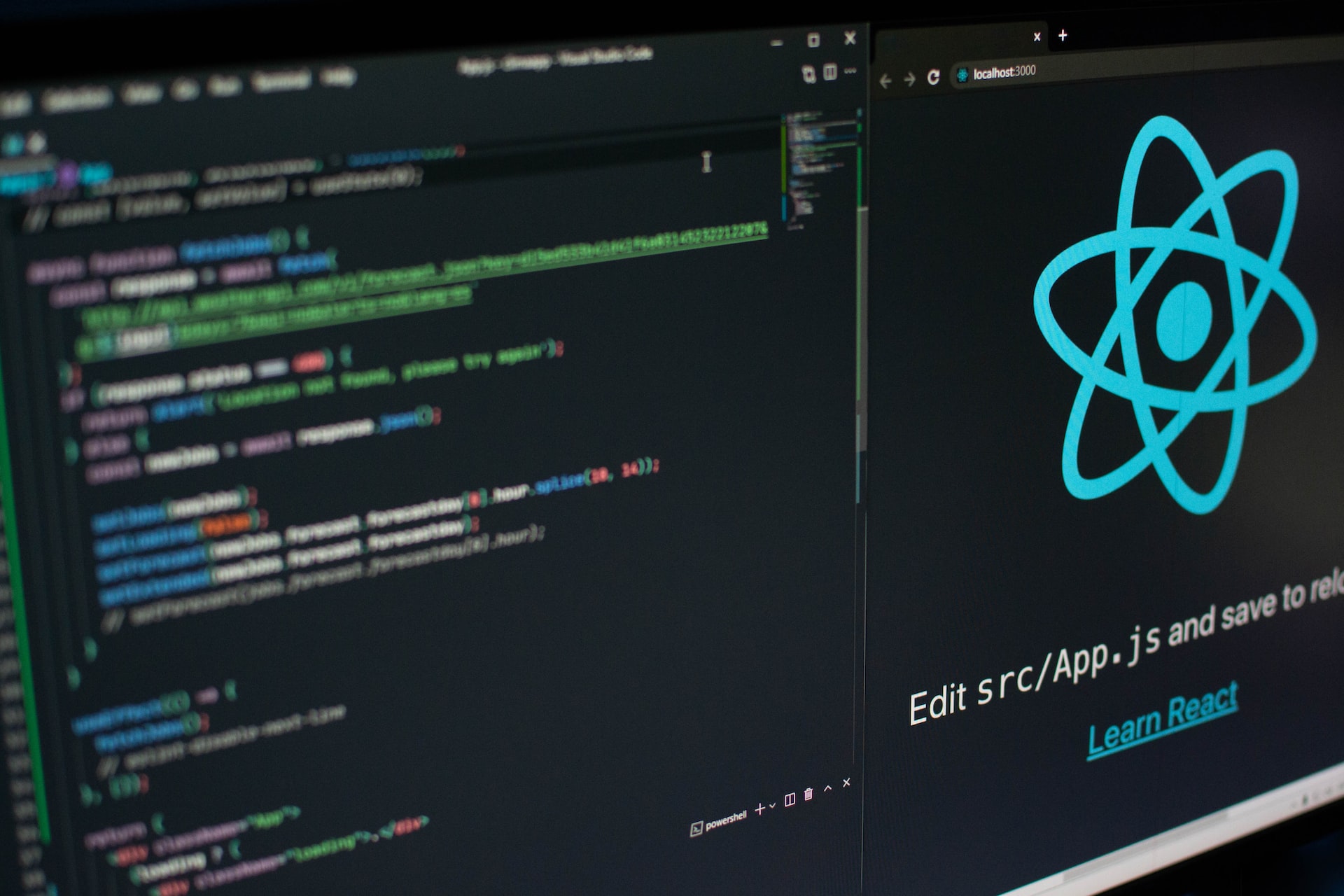How Long Does It Take to Learn JavaScript? ( 2023 update)
Posted on

It can take weeks, months, or years to learn the basics of JavaScript, depending on your prior experience with programming and the amount of time you dedicate to studying the programming language.
The best way to begin learning JavaScript is to start with the basics, such as variables, loops, and functions, and then move on to more advanced concepts like object-oriented programming and DOM manipulation. It’s also important to practice your skills by building small projects and experimenting with different language features.
Related: Become a Web Developer
We’ll explore the basics of JavaScript, talk about how long it takes to learn, and help you get started!
Want to learn JavaScript fast? Get started by learning about our coding bootcamps—get in touch here.
What Is JavaScript?
JavaScript is a programming language commonly used to add interactivity and various dynamic features to websites. It is a client-side language, meaning the code is executed by the user’s web browser instead of by the server.
JavaScript is often used to create things like sliders, pop-up windows, and other elements that make a website more interactive and engaging. It is also commonly used to validate forms, provide other types of user input checking, and control certain page elements’ behavior.
What Skills Do You Need to Start Learning JavaScript?

To learn JavaScript, you should understand basic programming concepts and syntax, as well as some familiarity with HTML and CSS.
Other essential skills for learning JavaScript include problem-solving, attention to detail, and the ability to debug your code. As you continue learning and improving your JavaScript skills, you should also learn about frameworks and libraries, such as React and Angular, which can make building complex and robust web applications more accessible.
- You must learn to adapt. Things in the tech world move quickly—especially in programming, where new developments happen frequently. You’ll run into plenty of JavaScript trends to keep up with, and you’ll also need to understand the newest apps, devices, etc.
- You must keep up with different platforms. Suppose you want to learn JavaScript at anything more than a basic level. In that case, you’ll need to understand the differences between platforms and browsers—you’ll have to replicate your code across these.
- You’ll need to understand React and Redux. React helps devs create better user interfaces, and Redux makes debugging and testing much easier—they’re both essential tools for any JavaScript developer.
What Tools do JavaScript Developers Use?
JavaScript developers typically use various tools to write, test and debug their code. Some of the most common tools that JavaScript developers use include text editors, such as Sublime Text or Atom, which they use to write and manage code. Developers may also use integrated development environments (IDEs), such as WebStorm or Visual Studio, which offer a more comprehensive set of features for writing and testing code.
Additionally, JavaScript developers often use libraries and frameworks, such as React or Angular, to make building complex and powerful web applications easier. Finally, developers will typically use web browsers like Google Chrome or Mozilla Firefox to test and debug their code.
Our recommendations include the following:
- Webpack: Webpack is an open-source bundler for JavaScript that can also make changes in CSS and HTML—it compiles similar files from your bundles and projects into a single package.
- Sublime Text: This code editor natively supports most programming and markup languages and allows users to install different plugins for additional functionalities.
Related: Start Your Data Science Career
How Can You Get Started Learning JavaScript?

To start learning JavaScript in 2023, the first step is to familiarize yourself with the basic syntax and concepts of the language, such as variables, loops, and functions. You can do this by reading tutorials and guides, taking online courses, or working through a book or other resource that teaches the fundamentals of JavaScript.
Once you gain a basic understanding of the language, it’s important to start practicing your skills by writing small programs and experimenting with different features of JavaScript. This will help you develop a stronger understanding of the language and how to use it to build web applications.
As you continue to learn and improve your skills, you should explore more advanced topics, such as object-oriented programming, and work on larger, more complex projects.
The best ways to get started include the following:
- Going to school: One way to learn JavaScript is by getting a degree in programming or computer science. The courses you’ll go through will teach you the basics of relevant languages and scripts, including JavaScript. But while some employers like to see a formal degree, most prefer previous experience and a solid portfolio.
- Teaching yourself: Many people try to teach themselves programming languages like JavaScript. This can be a great choice—there are many free resources available to learn JavaScript online—but it’s also the most challenging route; when you get stuck, you don’t have a mentor or professor to help.
- Attending a coding bootcamp: Bootcamps are like a fast track to a programming career. They’re a faster, more affordable option than going to college or university, and you still get the support you would from professors and peers.
You’ll gain foundational knowledge of JavaScript in a few months and leave the coding bootcamp with a portfolio that reflects all of the skills employees want to see.
Our coding bootcamp slots fill up quickly for a good reason—book yours here before they’re gone!
Get on the Fast Track to Your Programming Career
At TECH I.S. Coding Bootcamp, you can take comprehensive, hands-on courses with expert instructors and mentors to help you develop your programming skills with practical exercises.
But what makes us different from other programming bootcamps that promise the world?
- One-on-one counseling and mentoring
- Career support with mock interviews, resume prep, networking, and more
- 24/7 Part-time and full-time online classes
- Learn 14 programming languages and tools
- Develop skills like MySQL, HTML, PHP, and more
If you’re ready to fast-track your programming career, schedule a call with our JavaScript expert admission reps to talk about your bootcamp options.
Related: Learn About Coding Bootcamp






